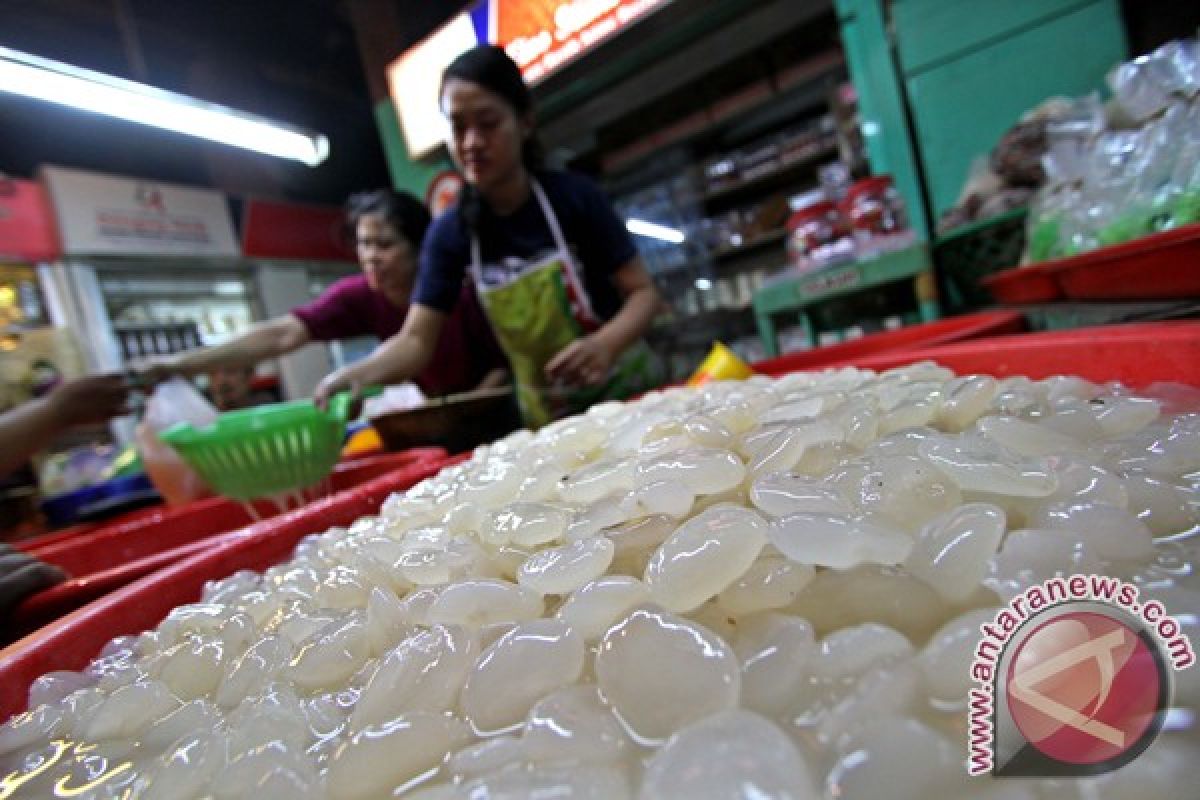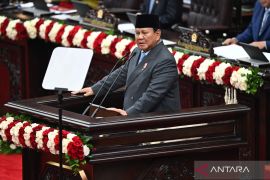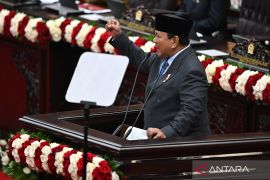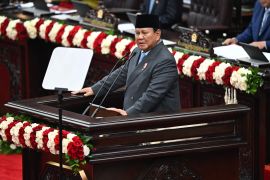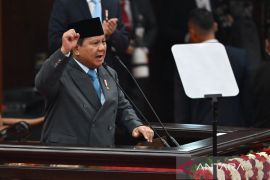Chairman of Indonesian Palm Seed Communication Forum Dwi Asmono here on Sunday said one cause of the decline in oil seed production is the lack of land expansion.
However, he acknowledged that he has not yet obtained data on the reduction of land expansion.
Dwi said some 200 oil seed sprouts were needed per hectare so that with 130 million sprouts an expansion of up to 650 thousand ha can be reached.
If production fell 30 thousand sprouts, he added, the expansion is expected to go down by 150 thousand ha. The price of oil seeds is US$1 dollar per sprout.
"However, domestic production of oil seeds is not only for expansion, but also for replanting and exports although the volume is not too big," he said.
Dwi explains, Indonesias exports of palm seeds were also slowing down because the destination countrys economic condition, such as that of West Africa, is not encouraging as a result of politics. Thats why demand in West Africa is not so great.
"Exports to India also met with obstacles because the regulation of the market is also tight," he said.
He said that in such a situation the government should tighten import so that not many seeds will come to Indonesia.
According to Dwi, imports of oil seeds in 2014 accounted for about 15 percent of the national demand and in such a situation, the volume of imports is considered quite high.
Dwi explained the volume of oil seed imports can be kept to a minimum due to good domestic production capabilities, many options, and good quality.
For the sake of national interests the government should take reciprocal treatment. He said that if the oil seeds can enter Indonesia, the national product should also get the same treatment abroad.
However, until now there are still countries that do not want to accept the Indonesian oil palm seed export, namely Malaysia.
So far, Indonesian palm seed exports went to West Africa, Papua New Guinea, and southern India.
Director General of Plantation Crops the Ministry of Agriculture Herdrajat Natawijaya said Indonesias import should account for 10 percent at the most of the total national seed production capacity.
If this year production reaches 100 million sprouts, then the volume of imports should be 10 million sprouts at the most.
"However, there is a rule that FDI (foreign direct investment) in Indonesia has the facility to import the seed," he said.
According to him, Malaysia does not want to open its door for Indonesian palm seed export. Thus, the government is more selective in opening import of palm seeds.
"Last year Indonesia did not finish its import quota of 10 million sprouts so the remaining ones can be used this year," he said.
According to Indonesian Palm Seed Communication Forum data, palm seeds imported from Malaysia last year stood at 1.7 million sprouts and from Papua New Guinea 2.5 million sprouts.
(Uu.A014)
Editor: Priyambodo RH
Copyright © ANTARA 2014
